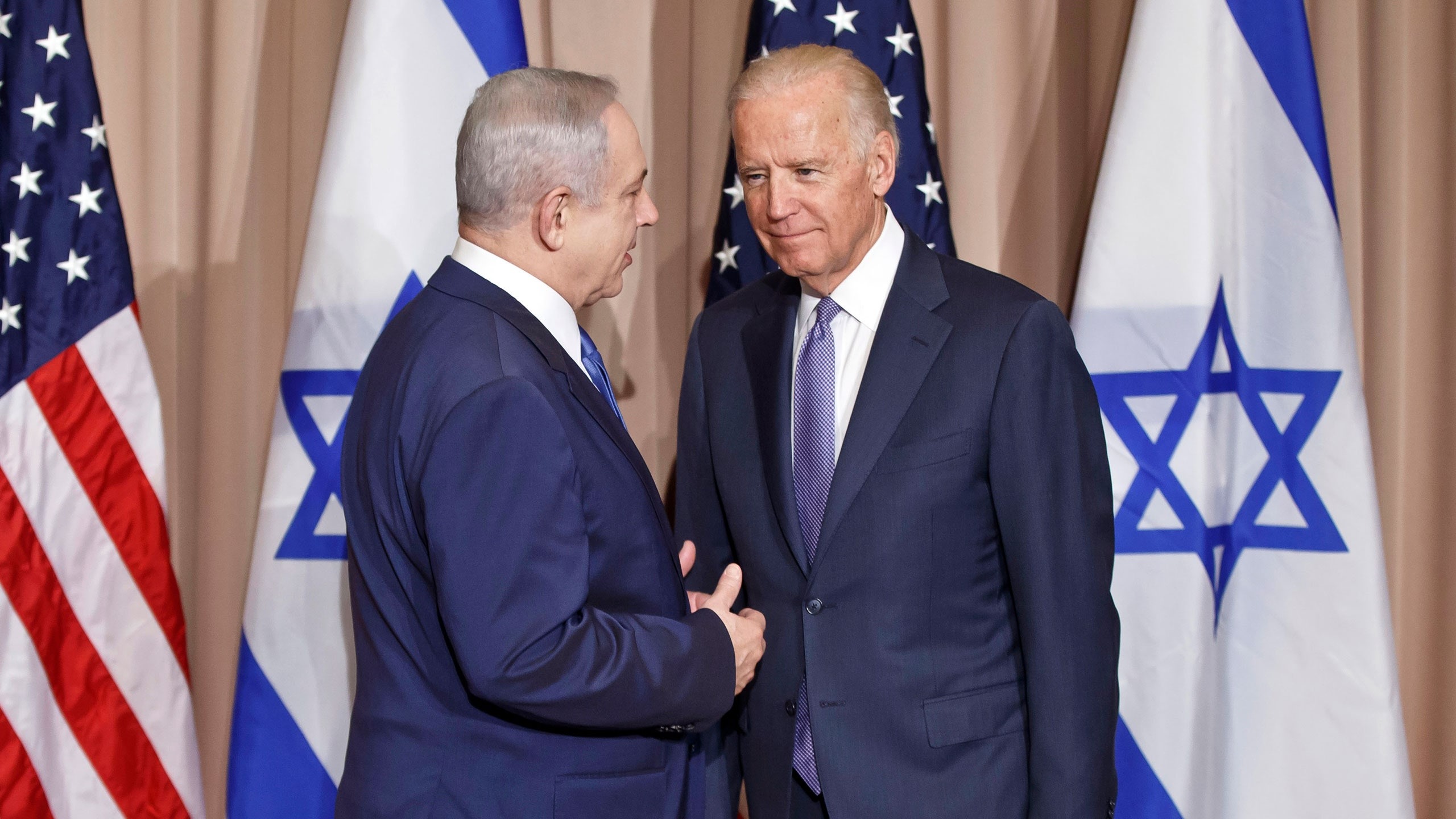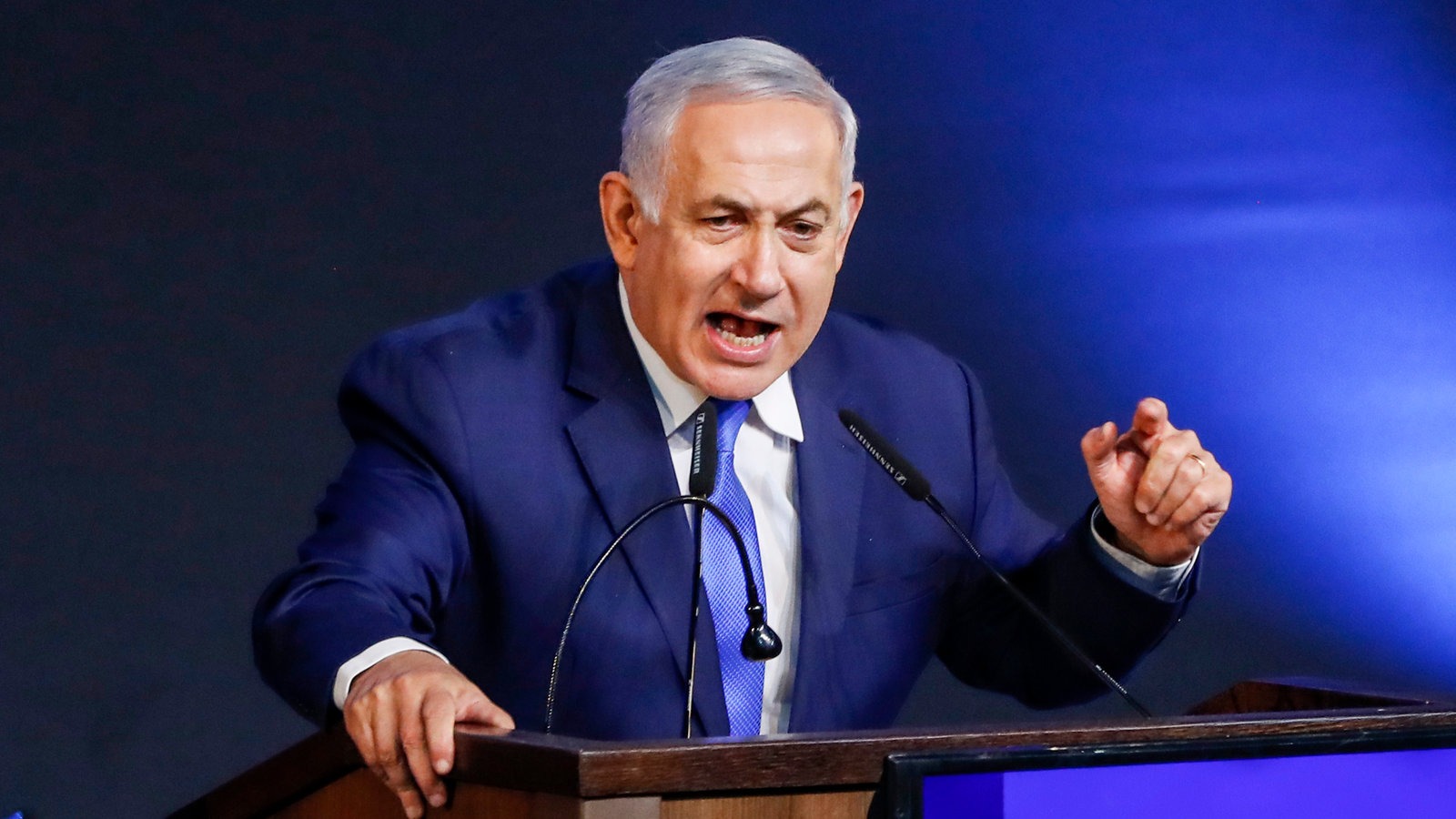Israeli Prime Minister Benjamin Netanyahu has hinted at an imminent military incursion into Rafah, a city located in the southern Gaza Strip. Over 1 million Palestinians, teetering on the brink of famine, have sought refuge in Rafah after fleeing their bombed-out cities farther north.
Despite warnings from U.S. President Joe Biden against such action, Netanyahu seems resolute in his determination to attack Rafah. This move marks the latest development in Israel’s ongoing efforts to eradicate Hamas from Gaza.

Israeli Prime Minister Benjamin Netanyahu (Credits: CNN)
However, it also reflects an ideological stance known as the “Iron Wall,” which has been an important aspect of Israeli political history since before the establishment of the state in 1948.
The Iron Wall has been a guiding principle for Netanyahu throughout his two-decade-long tenure as Israel’s leader, culminating in the current devastating conflict that began with attacks on Israelis and has now escalated into a humanitarian crisis for Gaza’s Palestinian population.
The concept of the Iron Wall traces back to 1923 when Vladimir Jabotinsky, later known as Ze’ev Jabotinsky, a prominent Zionist activist, articulated his vision in an article titled “On the Iron Wall.”
In this piece, Jabotinsky outlined the path he believed the Zionist movement should take to achieve its ultimate goal of establishing an independent Jewish state in Palestine, then under British rule.
Jabotinsky criticized the Zionist establishment for disregarding the Arab majority in Palestine and their political aspirations. He argued against the belief that Jewish technological and economic advancements would win over the local Arab population.
Instead, Jabotinsky asserted that the Arab population would resist Jewish colonization as long as they harbored hope of preventing it. In Jabotinsky’s view, Zionism needed to focus on building Jewish military strength, symbolized by an “Iron Wall,” to compel the Arabs to accept a Jewish state in their homeland.
He emphasized that Zionist colonization could only progress under the protection of a power independent of the native population, creating a barrier that the Arabs could not breach.

Joe Biden and Benjamin Netanyahu (Credits: The New Yorker)
Jabotinsky’s ideological legacy lived on through the establishment of the Revisionist movement in 1925, which later evolved into the Likud Party. The Revisionists opposed the socialist vision of the dominant Labor Party within the Zionist movement and prioritized the cultivation of Jewish militarism.
While Israel accepted the United Nations partition plan in 1947, leading to the establishment of the Jewish state, Jabotinsky’s heirs opposed any territorial compromises. They rejected the recognition of a non-Jewish political entity within Palestine’s borders, advocating for a Jewish state without compromise.
The Six-Day War in 1967 further solidified Israel’s control over territories, including East Jerusalem, the West Bank, the Gaza Strip, the Sinai Peninsula, and the Golan Heights. Menachem Begin’s Likud Party came to power in 1977, opposing territorial compromises and emphasizing Israel’s military strength.
Benjamin Netanyahu, who became the leader of Likud in 1993, viewed the Oslo peace process as a territorial compromise that would undermine Israel’s security. He believed that only through strength could Israel ensure its survival in the face of existential threats.
Netanyahu’s steadfast refusal to compromise on territorial issues has persisted, with a focus on countering Iran’s nuclear ambitions and rejecting the establishment of a Palestinian state. He has advocated for a strong Jewish state as the only solution to ensure Israel’s security and has pursued diplomatic normalization with Arab states to strengthen Israel’s position in the region.
The recent conflict with Hamas underscores Netanyahu’s commitment to the Iron Wall ideology, employing overwhelming force to demonstrate Israel’s resolve and deter any territorial compromise with the Palestinians. Until Israel achieves what Netanyahu deems a complete victory, he has vowed there will be no ceasefire in the ongoing conflict.























